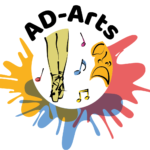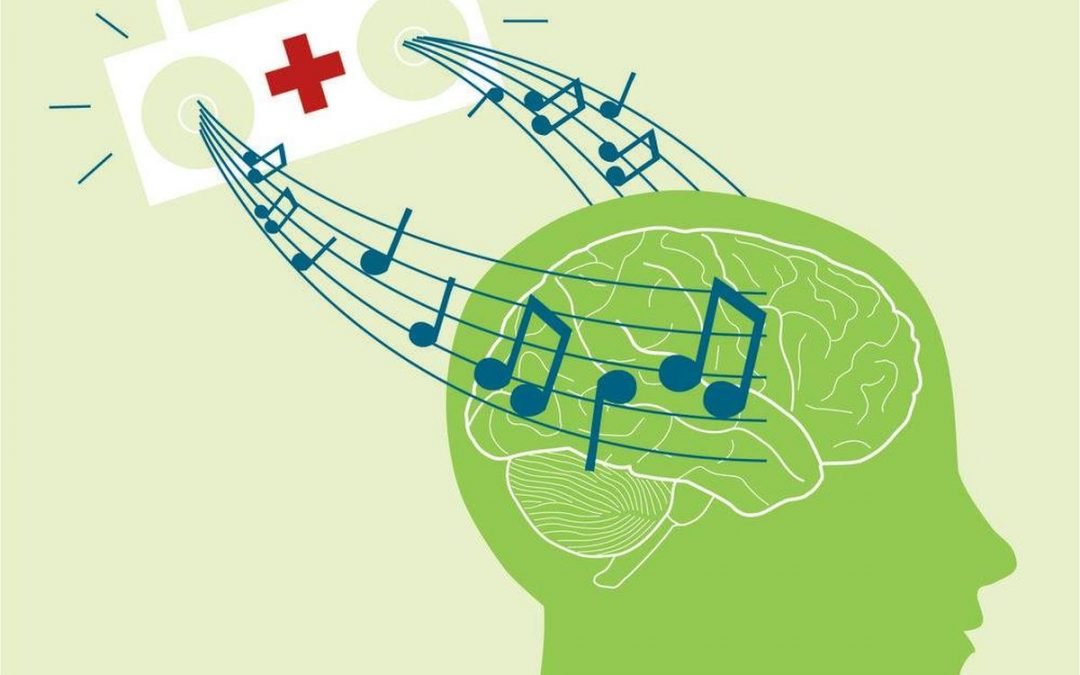AD-ARTS validation sessions have started!
Last May began the validation sessions of the educational content developed in the project.

Due to the current restrictions caused by the pandemic, the sessions have had to take place online, but that has not prevented patients, families and professionals from learning the benefits of using creative and artistic therapies.
Led by Fusun Kocaman, Executive Director of Türkiye Alzheimer Derneği, the sessions have reviewed the themes of Introduction, Music, Art and Dance Therapies.
The Arts & Health study (2019) of the World Health Organization highlights the global evidence on the role of the arts in improving health and well-being and recommends that governments and authorities apply policies that use the arts in the social and health environment, especially music. This report – the most comprehensive to date – has analyzed the evidence from more than 900 scientific publications from around the world, reviewing artistic activities that seek to promote health and prevent diseases, promote a healthy wellbeing and support end of life care.

But what is music therapy?
Music therapy is the clinical and evidence-based use of musical interventions to achieve individualized goals within a therapeutic relationship by a licensed practitioner.
Through musical participation in the therapeutic context, the skills of the participants are strengthened and transferred to other areas of their lives.
Music therapy also provides avenues of communication that can be helpful for those who have difficulty expressing themselves in words.
Music therapy research supports its efficacy in many areas such as:
- General physical rehabilitation and facilitates movement.
- Increases people’s motivation to participate in their treatment.
- Provides emotional support to patients and their families,
- Provides an outlet for the expression of feelings.
- Has a progressive effect on the overall quality of life of the PwD and caregivers.
The purpose of music therapy is to achieve goals that are tailored to the needs of the patient. Depending on the areas that the patient is missing, treatment can help improve motor function, social skills, emotions, and coordination. It aims to promote self-expression and growth in the patient.


